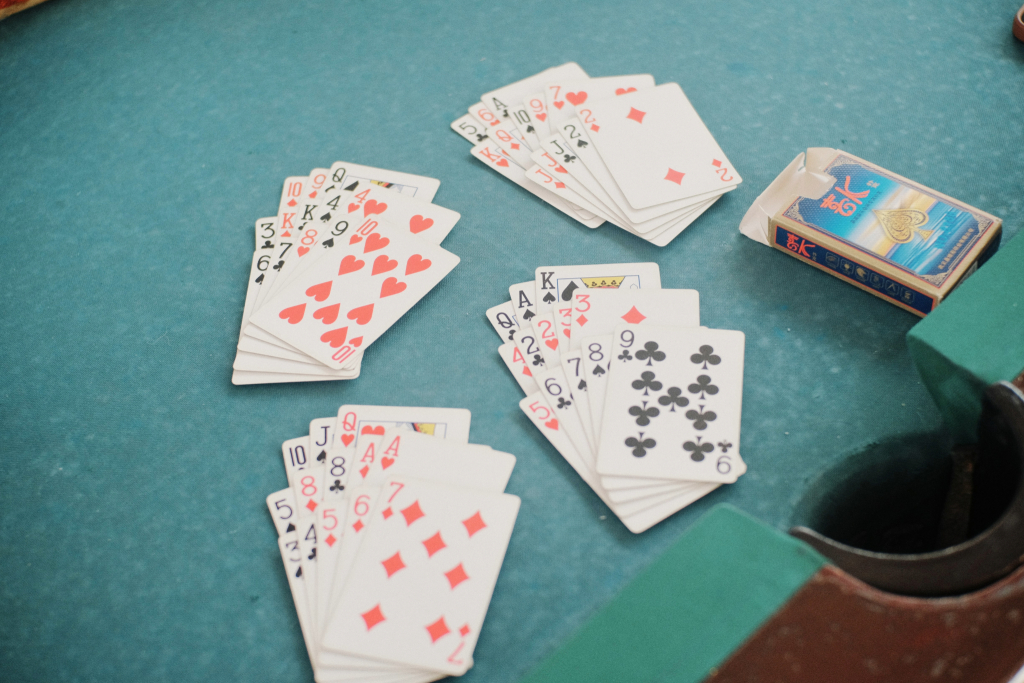Bank Controls to Be Tightened in Lithuania to Combat Problem Gambling
Lithuania set to vote on new bank controls designed to target problem gambling.

Lithuania tightens its banking policies related to gamblng. © Peggy_Marco, Pixabay
Key Facts:
- Lithuanian government voting on new gambling protocols involving bank controls
- Banks would have greater powers, including monitoring people’s gambling transactions
- Illegal gambling is said to cost the government €2 million in lost tax money
Seimas, the legislative branch of the Lithuanian government, is voting on a raft of new measures involving tougher bank controls. These have been designed to help people who are dealing with gambling problems and prevent people from spending too much money on gambling.
The proposals include a series of duties and checks that all banks licensed to operate in the country by the Bank of Lithuania would have to implement. If approved, they would apply to both national banks as well as those operating from other countries.
Every bank would have to keep an eye on a person’s gambling transactions. They would also have to provide reports to the Gambling Control Authority (LPT). The LPT has a blacklist of illegal sites, and the new measures should prevent people from sending money to these sites.
If someone does send money to a site that’s registered as being illegal, the bank must terminate it within 24 hours of being ordered to do so by the LPT. If not, the LPT would have the right to fine the bank.
The fine could range from €1,800 to €3,800 for first-time offences and would increase to as much as €6,000 if the bank continues to allow illegal payments to go ahead.
Other Steps Taken to Tackle Gambling Problems
The Lithuanian government has enacted a few other policies and laws in recent years to promote responsible gambling and help those in need. For example, Seimas formally approved a series of amendments to its gambling laws in 2024, allowing for ‘centralised controls’ to be used.
Moreover, every gambling venue needs a member of staff who’s trained and qualified by the Gaming Control Authority. They have the power to suspend someone’s ability to gamble if that person is found to be gambling in an irresponsible way.
The legal age for gambling in Lithuania (both offline and online) is currently 18, as it is in many other European countries. However, this will be raised to 21 starting from 1 July 2025 in order better to protect young people from the potential harms of gambling.
Finally, there could be changes to the way gambling is taxed. If the Ministry of Finance approves the latest proposals, tax rates on online gambling, casino games and slots could rise to 22%. This would be a 2% increase on the current rate of 20%.
The Lithuanian government is keen to reduce illegal gambling not only because of the negative effects it can have on people but also because of its cost. It’s been estimated that in 2021, a total of 15% of gambling activity in the country was illegal.
While this percentage isn’t huge, it’s still significant. The government is believed to have lost around €2 million in taxes because of illegal gambling. If more of it was legal, the government would be able to earn more from it through taxation.




